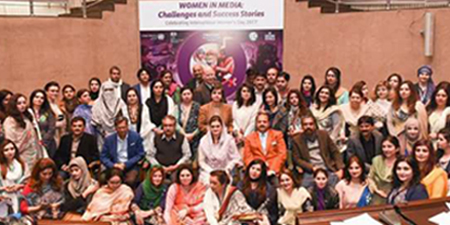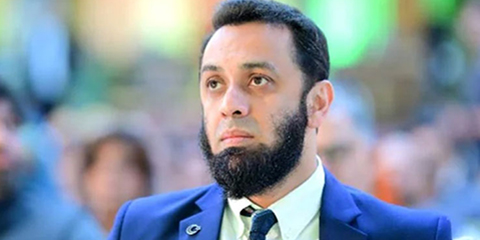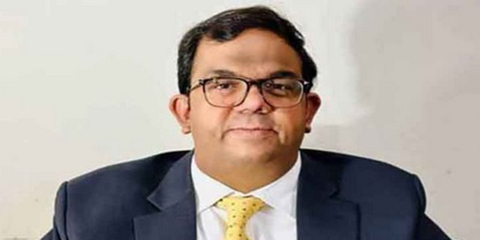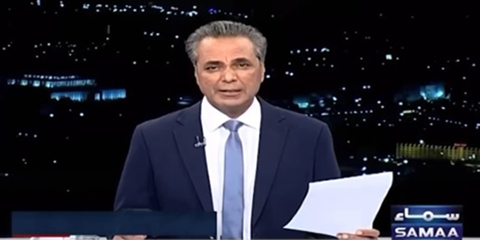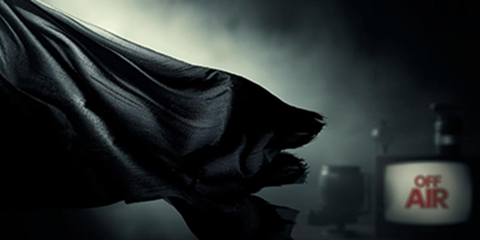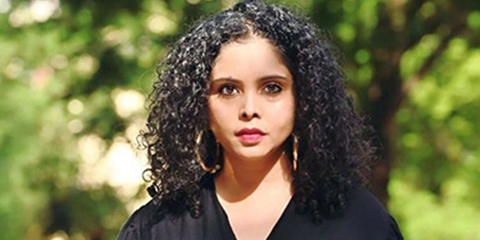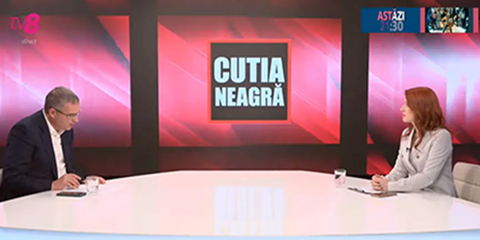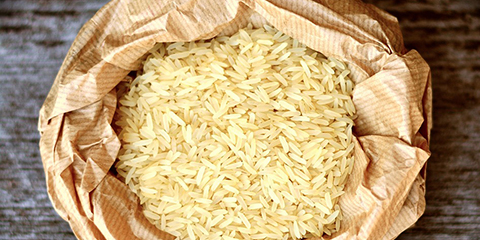Pakistan Press Foundation calls on media to promote safety of female staff
JournalismPakistan.com |
Published 8 years ago
Join our WhatsApp channel
KARACHI - Pakistan Press Foundation (PPF) has called on the country’s media to seriously examine the safety of female staff members within their organizations and implement measures to provide a safe working environment that would encourage women to enter the profession in greater numbers.
In a statement issued on the International Women Day, PPF lamented that females are a dismal five percent of the workforce in Pakistani media compared to over 25 percent for the Asia Pacific region. Women are even rarer in corporate and editorial boards, or in positions of authority such as editors, bureau chiefs, director news, chief reporters, etc.
On television, female anchors and talk show hosts are relegated to the ‘soft’ morning shows and very few women are given the opportunity to host prime time current affairs programs. Gender balance is also missing in unions and press clubs, although some do reserve one seat for female members.
Pakistan is amongst the most dangerous countries in the world for journalists and it is difficult for media personnel to work in a secure atmosphere. Additionally, female media practitioners also face sexual harassment, threats, and violence from both within the profession itself as well as from society at large.
PPF said intimidation and sexual harassment of females in workplaces is a serious barrier to the entry of women in Pakistani media. According to a research on Pakistani media by the International Federation of Journalists (IFJ), one in five females has personally experienced sexual harassment at the workplace. Three out of every four women who had been sexually harassed simply did not report the incidents because of absent or ineffective grievance redressal mechanisms and fear of reprisals or social stigma. Sexual predators especially target the most vulnerable female staff members and it is necessary for their employers to provide a safe and secure working environment for all female employees.
The safety challenges faced by women employees in media organizations in Pakistan cover a range of physical, mental and emotional threats, intimidation and attempts to tarnish the reputation of the victim. These acts include inappropriate sexual advances, touching or groping, standing inappropriately close to female colleagues, staring and ogling. Other common forms of sexual harassment include spreading of innuendos, inappropriate comments, obscene conversations and jokes, obscene SMS messages and phone calls.
Perpetrators try to tarnish the reputation the females who complain sexual harassment and raise questions about their moral character. Victims of sexual harassment often do not find support from their colleagues, bosses or even other women colleagues who do not want to create tension in the office.
In Pakistan, the tarnishing of reputation and moral character can have very serious consequences for women and this makes them more vulnerable to hate spread over the digital media. This promotes self-censorship and there have been several instances of hate campaigns forcing female journalists to withdraw from using social media, such as Facebook and Twitter, or to stop commenting on sensitive issues.
More than a quarter women journalists in Pakistan have experienced threats online, via email and social media. These threats include threats of murder and violence, declarations of apostasy, accusations of treason, sexually explicit messages and images, invitations for sex, humiliating, vulgar and insulting messages.
Despite the seriousness and pervasiveness of threat, most journalists, including female journalists, are not aware of safe digital practices or how to make use of the existing mechanisms to report threats and hate campaigns.
The apathy of Pakistani media in dealing with gender discrimination and harassment is evident from the fact that only a handful of media houses comply with even the minimum legal requirement of setting up in-house inquiry committees to investigate complaints of sexual harassment. Under the Protection of Women against Harassment at Workplace Act 2010, all organizations in Pakistan are legally required to set up these in-house committees.
Pakistan Press Foundation (PPF) has called on media organizations including Pakistan Federal Union of Journalists (PFUJ), Council of Pakistan Newspaper Editors (CPNE), All Pakistan Newspaper Society (APNS) and Pakistan Broadcasters Association (PBA) to encourage and facilitate their members to ensure the creation of the committees which would promote the sense of security for their female staff members and encourage other women to enter the profession. Media organizations should also facilitate implementation of Code of Conduct at the Workplace against Sexual Harassment by all print, electronic and online media outlets. - PPF
Read Next
Why only Nukta, Mr. Minister? Media workers question government's selective support
November 06, 2025:
Information Minister Attaullah Tarar’s job offer to Nukta staff draws criticism as hundreds of journalists across Pakistan face layoffs, salary delays, and job insecurity.
Information Minister Tarar announces jobs for all 37 laid-off Nukta employees
November 06, 2025:
Information Minister Attaullah Tarar announces jobs for 37 laid-off Nukta employees, saying they will be placed at digital platforms within 48 hours amid growing media uncertainty.
Faisal Chaudhry’s viral one-liner on G for Gharidah steals the show
November 05, 2025:
PTI’s Faisal Chaudhry’s witty reply to Gharidah Farooqi on GTV’s “G for Gharidah” goes viral as a clip from their debate over the 27th Amendment sparks reactions online.
A digital dream falters: Nukta cuts 37 jobs in Pakistan after only one year
November 05, 2025:
Digital platform Nukta lays off 37 employees in Pakistan, including journalists and producers, highlighting the financial struggles facing new media ventures in a shrinking job market.
Talat Hussain says offensive viral clip was edited out, not aired on Samaa TV
November 04, 2025:
Talat Hussain denies airing the viral clip showing Sher Afzal Marwat’s vulgar remark, saying it was not part of his Samaa TV show.
PFUJ recalls November 3, 2007 emergency as Pakistan’s darkest day
November 03, 2025:
PFUJ recalls November 3, 2007, as Pakistan’s darkest day under Musharraf, urging protection for journalists and the abolition of laws threatening press freedom.
PFUJ calls for end to Impunity for Crimes Against Journalists
November 02, 2025:
PFUJ urges Pakistan’s federal and provincial governments to end Impunity for Crimes Against Journalists and ensure their safety and press freedom.
Global impunity for journalist murders worsens as Pakistan sees 60 percent rise in attacks
November 02, 2025:
Impunity for crimes against journalists deepens worldwide as Pakistan reports a 60 percent surge in attacks and weak enforcement of safety laws.




